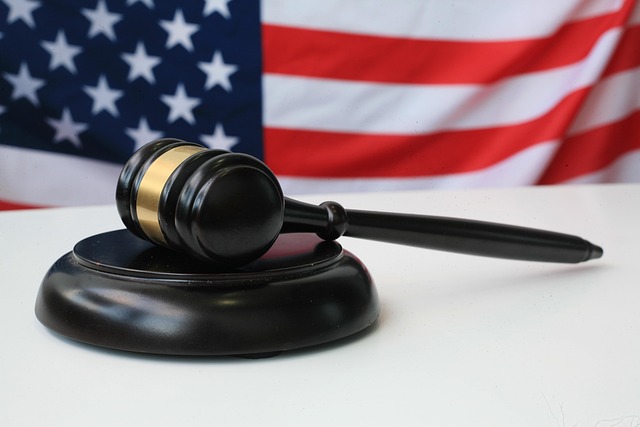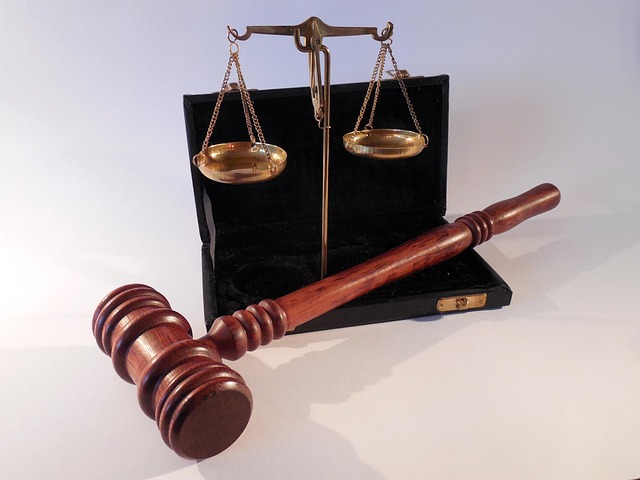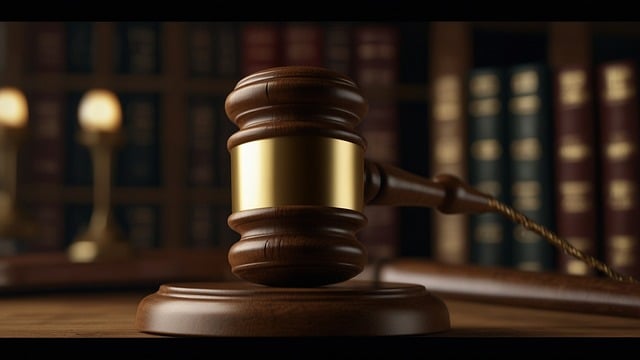TL;DR:
Understanding Criminal Procedure Law Basics is essential for navigating RF Regulatory Agency (RFRA) investigations, which focus on wireless tech regulations under national/international laws. These inquiries, similar to white-collar defenses, investigate potential violations of spectrum rules, transmission standards, and licensing agreements, leading to administrative sanctions instead of criminal convictions but with significant impacts. Knowing criminal procedure principles helps individuals and organizations prepare for such probes by understanding evidence collection, rights, and legal strategies, potentially resulting in charge dismissals. RFRA investigations require deep knowledge of both RF technologies and criminal procedure law to ensure fairness while maintaining regulatory integrity. Skilled legal representation is crucial for navigating these complex scenarios and achieving favorable outcomes.
“RF Regulatory Agency Investigations: Unraveling the Legal Landscape
This comprehensive guide delves into the intricate world of RF (Radio Frequency) regulatory inquiries, offering a detailed look at the process and legal implications. From the initial stages of an investigation to understanding the defendant’s rights, we explore the fundamentals.
‘Understanding Criminal Procedure Law Basics’ is essential for navigating these complex cases. This article provides insights into the steps regulatory agencies take, along with potential defenses, ensuring readers are informed about their rights and the legal framework surrounding RF investigations.”
- What is an RF Regulatory Agency Investigation?
- Understanding the Legal Framework: Criminal Procedure Law Basics
- The Process of RF Regulatory Agency Investigations
- Implications and Defenses in RF Regulatory Cases
What is an RF Regulatory Agency Investigation?

An RF Regulatory Agency Investigation is a formal process conducted by government bodies tasked with overseeing wireless communications technologies and spectrum usage. These agencies operate under the broader framework of national or international telecommunications laws, which often mirror criminal procedure principles to ensure fairness and due process. Understanding criminal procedure law basics is thus relevant when navigating these investigations. Similar to police inquiries in the context of white-collar defense, RF regulatory agency probes delve into potential violations of spectrum allocation rules, transmission standards, and licensing agreements.
The unique aspect lies in their interplay with the philanthropic and political communities. Unlike traditional jury trials where community members decide guilt or innocence, these investigations often lead to administrative sanctions or penalties rather than criminal convictions. However, the impact can be significant, affecting businesses and individuals involved in wireless communications, with repercussions extending beyond legal fines into industry regulations and public perception.
Understanding the Legal Framework: Criminal Procedure Law Basics

Understanding Criminal Procedure Law Basics is essential when navigating RF Regulatory Agency Investigations. This legal framework governs how evidence is gathered and presented during inquiries, ensuring fairness and due process for all parties involved. The foundation lies in the Criminal Procedure Law, which outlines the steps from arrest to verdict, including search warrants, Miranda rights, and the right to a fair trial. These principles are crucial in maintaining the integrity of investigations, especially when dealing with complex cases involving white-collar defense strategies.
By comprehending these legal basics, individuals and organizations can better prepare for potential RF Regulatory Agency inquiries. This includes knowing one’s rights, understanding the evidence collection process, and recognizing the role of both prosecution and defense in shaping the narrative. In the context of white-collar crimes, where charges might range from fraud to tax evasion, a solid grasp of Criminal Procedure Law can lead to successful negotiations or, if necessary, robust defenses during jury trials, potentially resulting in complete dismissal of all charges.
The Process of RF Regulatory Agency Investigations

RF Regulatory Agency investigations are meticulous processes that require a deep understanding of both radio frequency (RF) technologies and criminal procedure law basics. These inquiries often involve complex scenarios where corporate and individual clients find themselves at odds with regulatory bodies. The initial phase entails gathering evidence, including technical specifications, communication records, and expert witness testimony, to establish potential violations. Understanding the nuances of the law is crucial here; investigators must ensure they are not overstepping boundaries that could lead to an avoiding indictment scenario.
Throughout the investigation, agencies carefully analyze data to determine if there are grounds for prosecution. In cases where violations are found, crafting a compelling defense strategy becomes paramount. The goal is to present solid arguments and evidence, aiming for winning challenging defense verdicts. This intricate dance between regulator and regulated entity demands a fine balance, ensuring procedural fairness while upholding the integrity of RF technology regulations.
Implications and Defenses in RF Regulatory Cases

In RF Regulatory Agency investigations, understanding criminal procedure law basics is paramount for both corporate and individual clients facing charges. These cases often involve complex legal landscapes, where the nuances of evidence collection, interrogation protocols, and due process rights play a significant role in determining outcomes. Knowledge of these procedures allows for effective defenses against allegations, ensuring that rights are protected throughout the process.
For his clients, whether they face white-collar or economic crimes charges, a strategic defense strategy should incorporate insights into regulatory requirements, potential procedural errors, and mitigating factors. Skilled legal representation can help navigate this labyrinthine process, ensuring that evidence is handled properly and constitutional rights are observed. This approach not only protects the interests of the accused but also strengthens the overall case management and outcome.
RF Regulatory Agency investigations, guided by the Understanding Criminal Procedure Law Basics, involve a meticulous process that ensures compliance with legal frameworks. From initial complaints to evidence collection and hearings, this structured approach aims to maintain fairness and accuracy. By understanding these processes and their implications, individuals and organizations can better navigate RF regulatory cases, employing appropriate defenses and ultimately fostering a more transparent and accountable environment within the digital spectrum.






